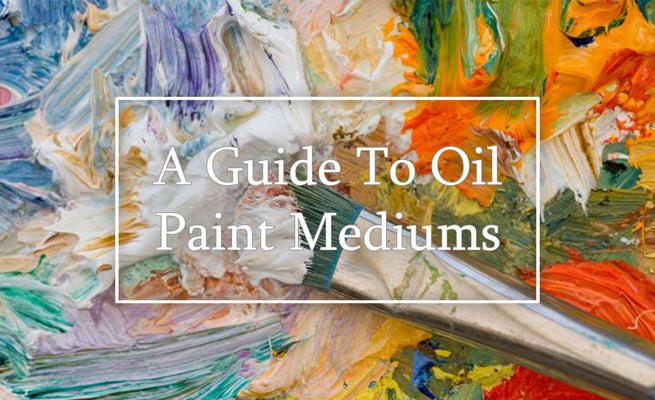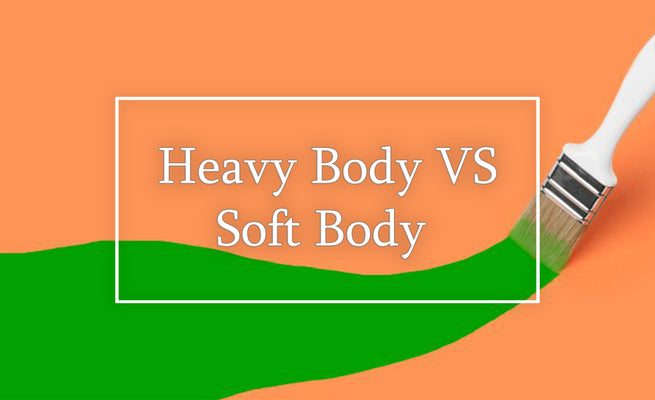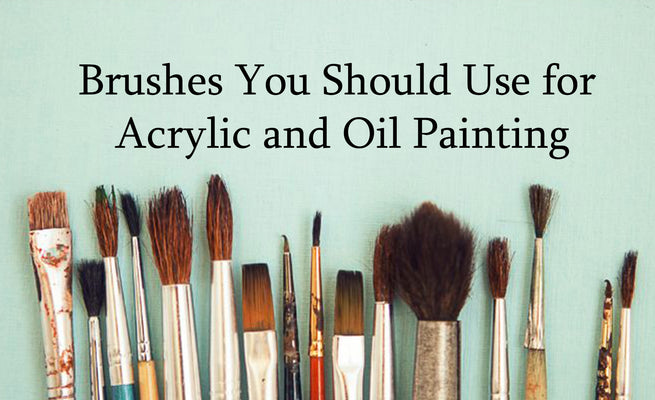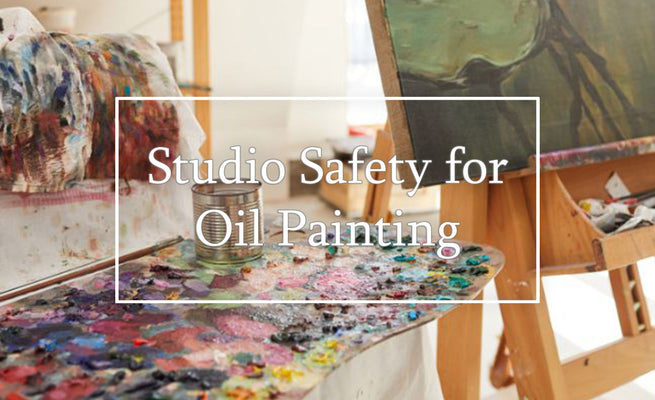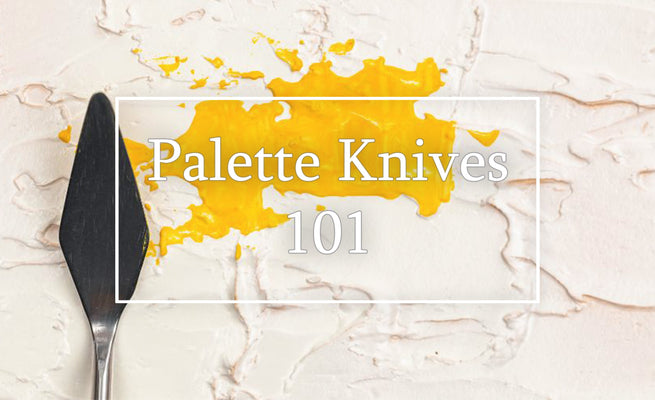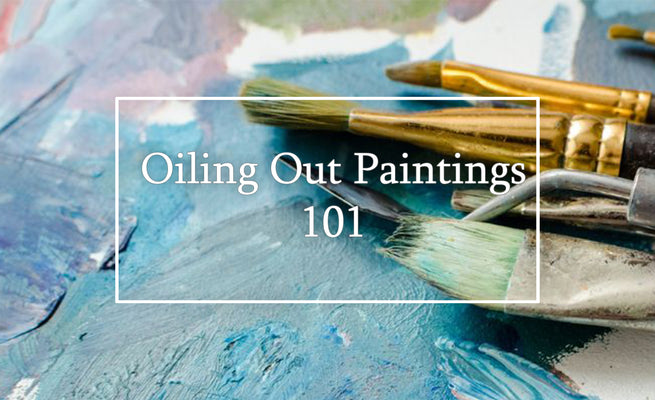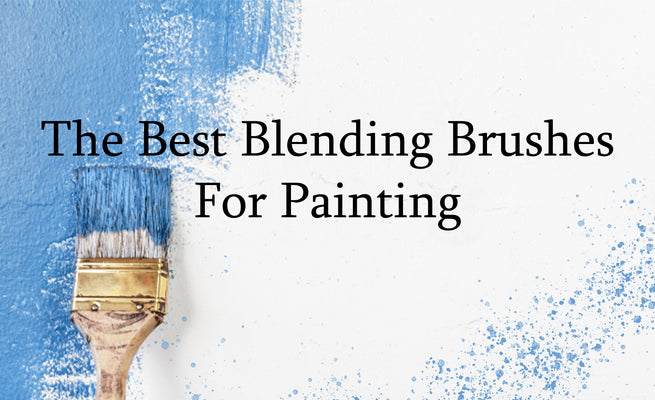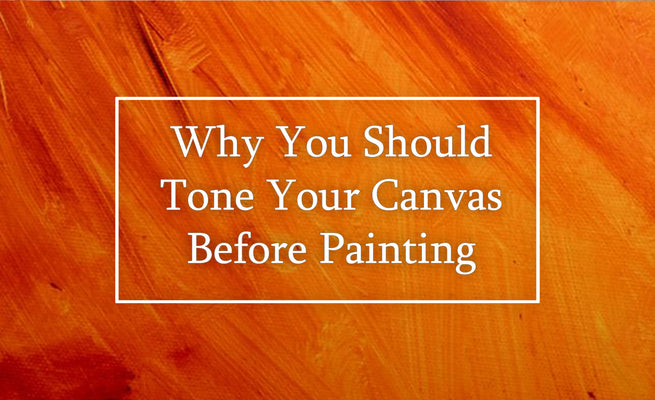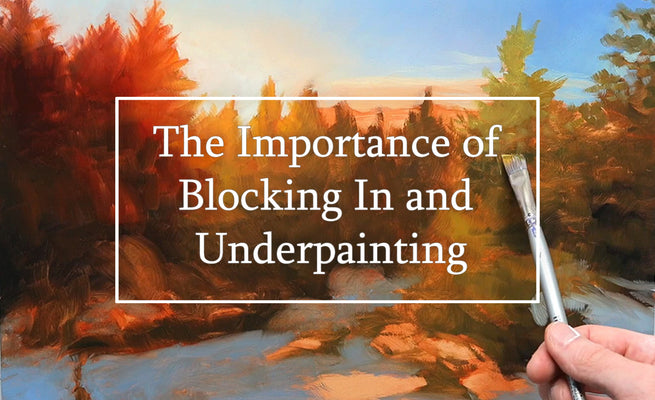The highlights in a painting are one of the most important aspects. Without lively light, a landscape won't have as much life. Here's one simple trick that you can apply to your highlights to make them glow bight and really stand out.

Note: This blog contains affiliate links and purchasing through them supports our site at no extra cost to you.
Try mixing a bright color that clashes with the color of your highlights. It doesn't necessarily need to be opposite of the color wheel. In fact colors that are closer to each other can sometimes work best.

In this case I'm using white, yellow, and magenta to create a color that's similar to highlighter pink and I used the dagger striper brush for most of this area. The highlights in my painting are predominately yellow, so this color works great. Use this color to apply around SOME of the brightest parts within your highlights.

The colors will instantly clash so I make sure not to over do it. Sometimes in this case a little goes a long ways. I also try to leave the brightest parts of my highlights in place because I don't want to kill the brightness. 
Both colors (yellow and pink) are very bight so it's hard to pick up on, but that subtleness is the key. Colors that really contrast each other within the highlights is something we don't always think about and can appear a bit bizarre up close.

But these are the types of effects that when we back up and view as a whole, can really create a dynamic and eye catching effect that will draw your viewers in.

When you are adding glazes and highlights over the top of a dried oil painting like this, remember to use a little more medium in your mixtures than what you used in the previously added layer of paint. I used oil paints along with Liquin impasto for this painting. For acrylics, you could use a medium such as glazing medium to add to your paints and accomplish the same thing.



